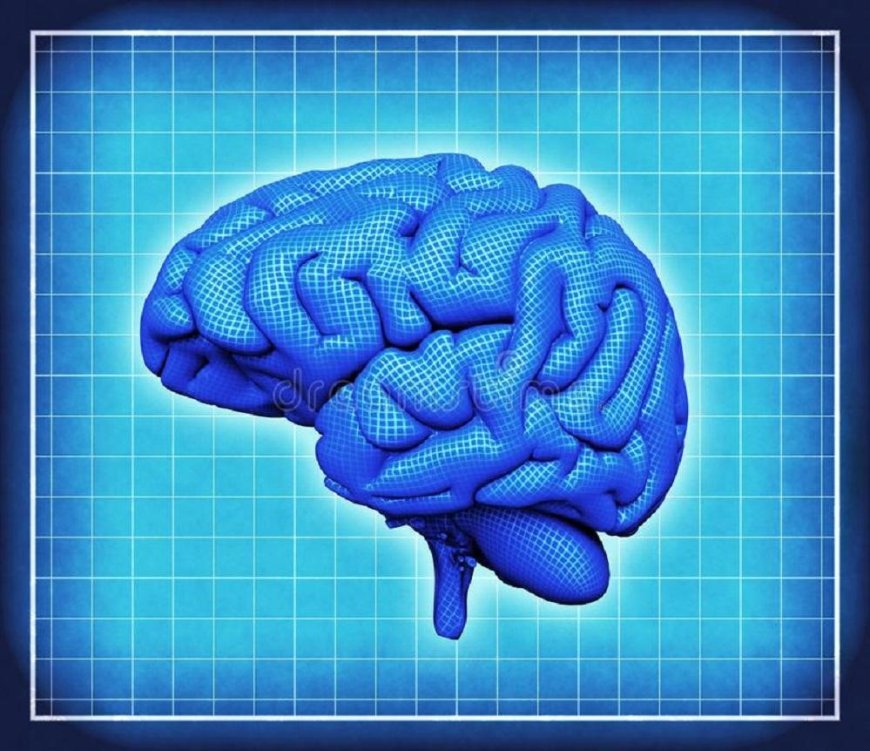Digitization and its influence on the brain
light. However, since digitization entered our lives, the question has arisen as to whether it might lose some of its amazing possibilities.

Have you ever wondered how the digital environment we live in and digitization affect our brain? Will he lose his skills or will he develop as before? Our brain is considered the most powerful brain in the world. It has nearly 100 billion neurons connected to each other and communicating at a speed greater than the speed of light. However, since digitization entered our lives, the question has arisen as to whether it might lose some of its amazing possibilities.
Assuming the brain is malleable and easily adaptable to changes, one would expect that some adjustments and changes would naturally occur to optimize resources. This means that if we stop dealing with certain processes as a result of digitization, perhaps the brain will compensate for it by improving other skills.
That is why there is now a lot of scientific research that indicates changes that occur in our brain. Especially in the youngest.
Digitization
In a relatively short time, society has undergone tremendous technological change. Generations are only about 30 years apart, but we've gone from not having a TV at home to being able to see and talk to a person in real time, anywhere in the world.
Logically, it changes the way we behave, our habits, the way we perform tasks, communicate, and access information. Thus, it alters the functioning of the brain and even its anatomy.
Digitization and cognitive skills
According to, a neuroscientist using technology changes the brain as you watch some neural networks get stronger and some older ones weaken.
This process is natural in the human brain but refers to the fact that these changes occur in certain structures or specific circuits. For example, in mindful circuits.
We spend a lot of time with cell phones, tablets and computers - actually simultaneously - which leads us to do several tasks simultaneously. Multitasking is a cognitive ability that we possess and that allows us to keep our attention in various activities. However, it is estimated that it can cover up to two tasks.
So, when the brain focuses on two tasks, the prefrontal cortex divides its resources to be able to properly perform both tasks. However, those who perform more than two tasks at the same time have trouble filtering and storing information.
They pay attention to aspects that are not related to the task and find it difficult to move from one task to another.
We also have a lower capacity to store data as we can re-search for information when we need it. However, it is also suspected that it improves our decision-making capacity as our senses are more acute and the digital environment encourages speed.
For this reason, it also improves the speed of information processing, which makes us more efficient in this sense.
Digitization and the developing brain
Children's brains are particularly interesting in terms of the digitization effect as they grow up in a technological environment. In fact, children born around 2000 are considered digital natives.
Must Read: Advance Telecom appointed as TECNO™s new distribution partner in Pakistan
This means that since they are born into the world they are surrounded by technology and therefore they spontaneously and naturally develop a different way of thinking and understanding the world.
These children develop different and digitized skills as they grow up, not only because of their surroundings, but also because their adults encourage them to do so. As is the case when they are given a phone or tablet to keep them entertained.
This, while it may seem harmless at first, can have serious repercussions on a child's development.
On the one hand, a sedentary lifestyle is more common, which in turn has consequences for the brain by destroying nerve fibers and worsening cognitive abilities. It has also been observed to significantly affect languag Will our brain become useless?
As we said before, the brain is adaptable. Part of this adaptation involves the abandonment of neural circuits that are no longer needed or used. Thus, if over the years and due to digitization some networks are no longer needed, they will degrade. This is what is known as the "paradox of progress."
However, this is not a negative thing, because we will have opportunities and resources to invest in other aspects. For example, we will not have to remember specific information about a given topic, but about where we can access it.
Or, for example, we won't have to remember our ideas in full, but we'll have more resources to tie these concepts together.
In short, digitization obviously changes our brain, and with it, the way we perceive and process the world. However, this does not mean that this is a change for the worse. We will still be human and our brain will probably still remain the best computer there is. Moreover, their unique social skills are irreplaceable. e development and increase cortisol levels, which has a detrimental effect on the brain.
